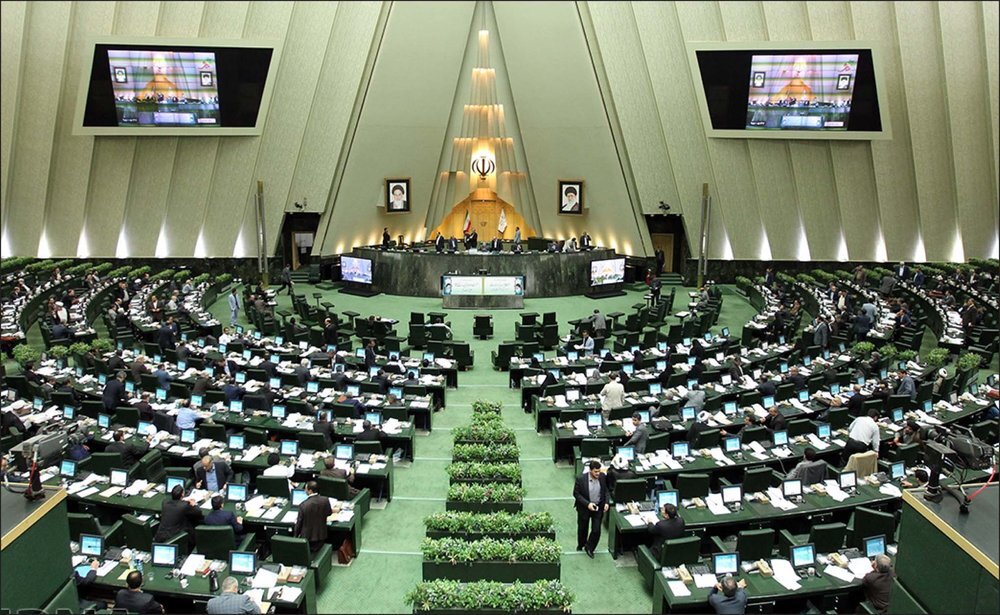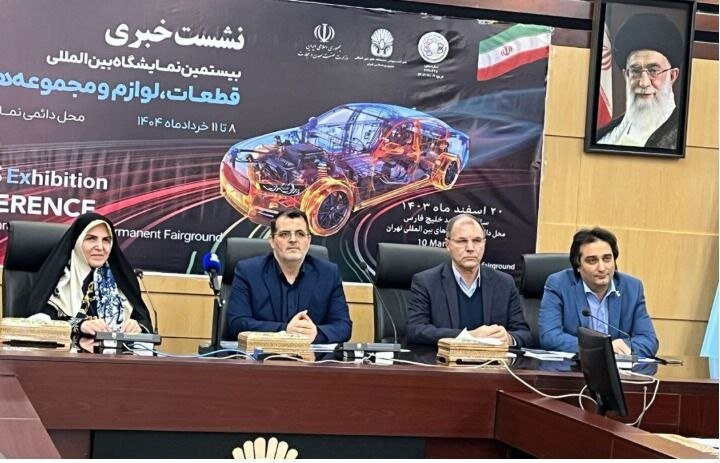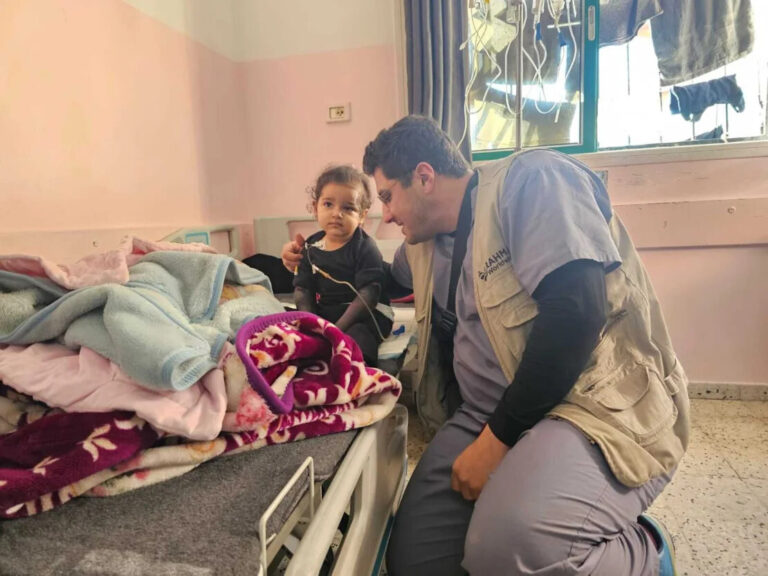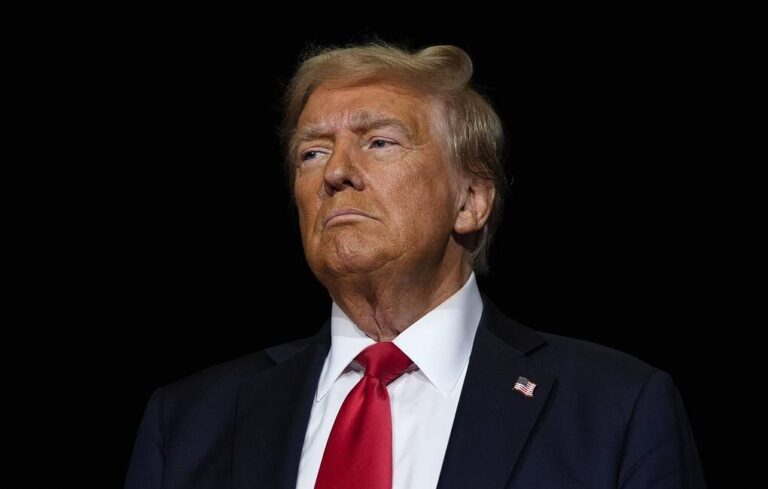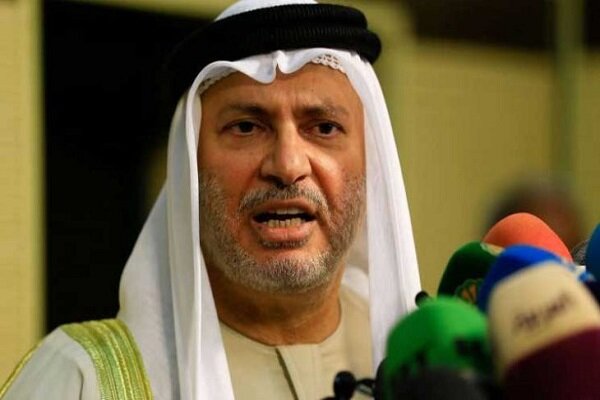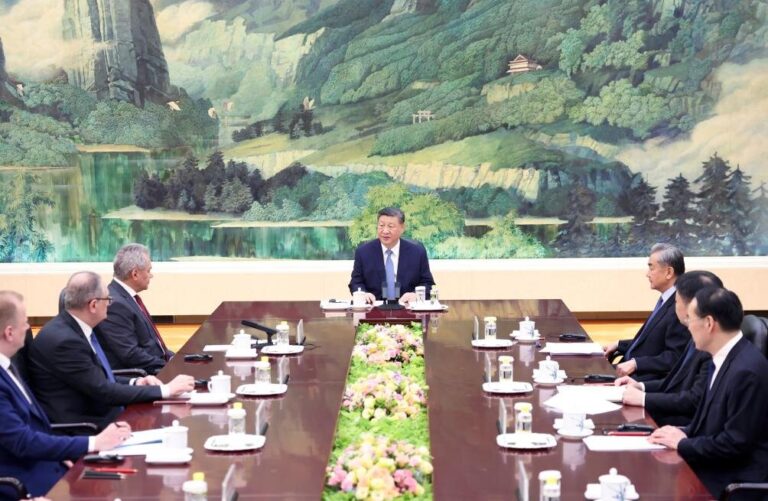Tehran Slams European Parliament’s Latest Anti-Iran Resolution: A Diplomatic Dilemma
In a significant move, the Iranian Parliament (Majlis) has expressed its strong disapproval of the recent resolution passed by the European Parliament against the Islamic Republic of Iran. This development highlights the tensions between Iran and European political entities, particularly concerning issues of governance and human rights.
During an open session on Monday, Ahmad Naderi, a member of the Presiding Board of the Iranian Parliament, publicly read a statement that condemned the European Parliament’s actions. The statement emphasized the Iranian legislators’ belief that the resolution represents a biased and interventionist approach toward Iran.
The key points from the Iranian Parliament’s statement include:
- The resolution is viewed as an attack on the judiciary and the Islamic Revolutionary Guard Corps (IRGC).
- It reflects an opposition plot aimed at undermining Iran’s authority on the international stage.
- The Islamic Republic is committed to respecting human rights and ensuring justice for all citizens according to domestic laws and international principles.
In light of a recent tragic incident in which two high-ranking Iranian judges were martyred in a terrorist act, the Iranian Parliament accused the European Parliament of interfering in Iran’s internal affairs. They asserted that the resolution distorts facts and demonstrates support for terrorist groups operating against Iran.
The statement further elaborates on Iran’s position in the global fight against terrorism. The Islamic Republic of Iran has always stood at the forefront of this battle and has itself been a victim of organized and state-sponsored terrorism. Many terrorist groups continue to operate with the backing of the European Union, which complicates the narrative surrounding Iran’s security measures.
Moreover, the IRGC is described as a legitimate institution crucial for maintaining both national and regional security, with strong support from the Iranian populace. The Iranian Parliament warned that any attempt by the European Parliament to designate the IRGC as a terrorist organization would provoke a firm response from the Islamic Republic. They asserted that the Parliament will not remain silent in the face of disrespect directed toward the Armed Forces of Iran.
In conclusion, the Iranian Parliament’s response to the European Parliament’s resolution underscores the complex and often contentious relationship between Iran and European institutions. As both sides navigate these diplomatic waters, the implications of such resolutions continue to affect regional stability and international relations.
For those interested in the ongoing developments in Iran’s political landscape and its interactions with foreign governments, staying informed is essential. The situation remains fluid, and the Iranian Parliament’s firm stance serves as a reminder of the ongoing tensions affecting the region.
As this story unfolds, it will be crucial to monitor both the Iranian government’s actions and the responses from European authorities. The dynamics of international politics are ever-changing, and understanding the motivations and reactions of each party will provide a clearer picture of the future relations between Iran and Europe.
MA/6360051
